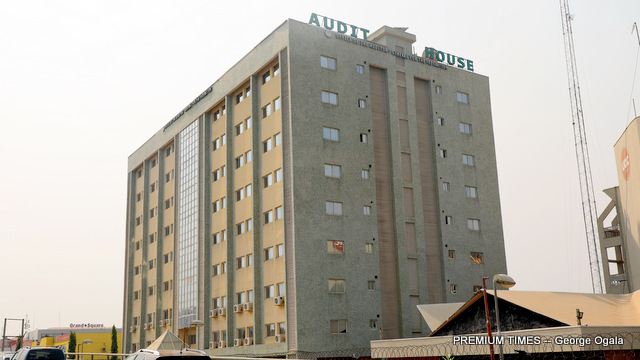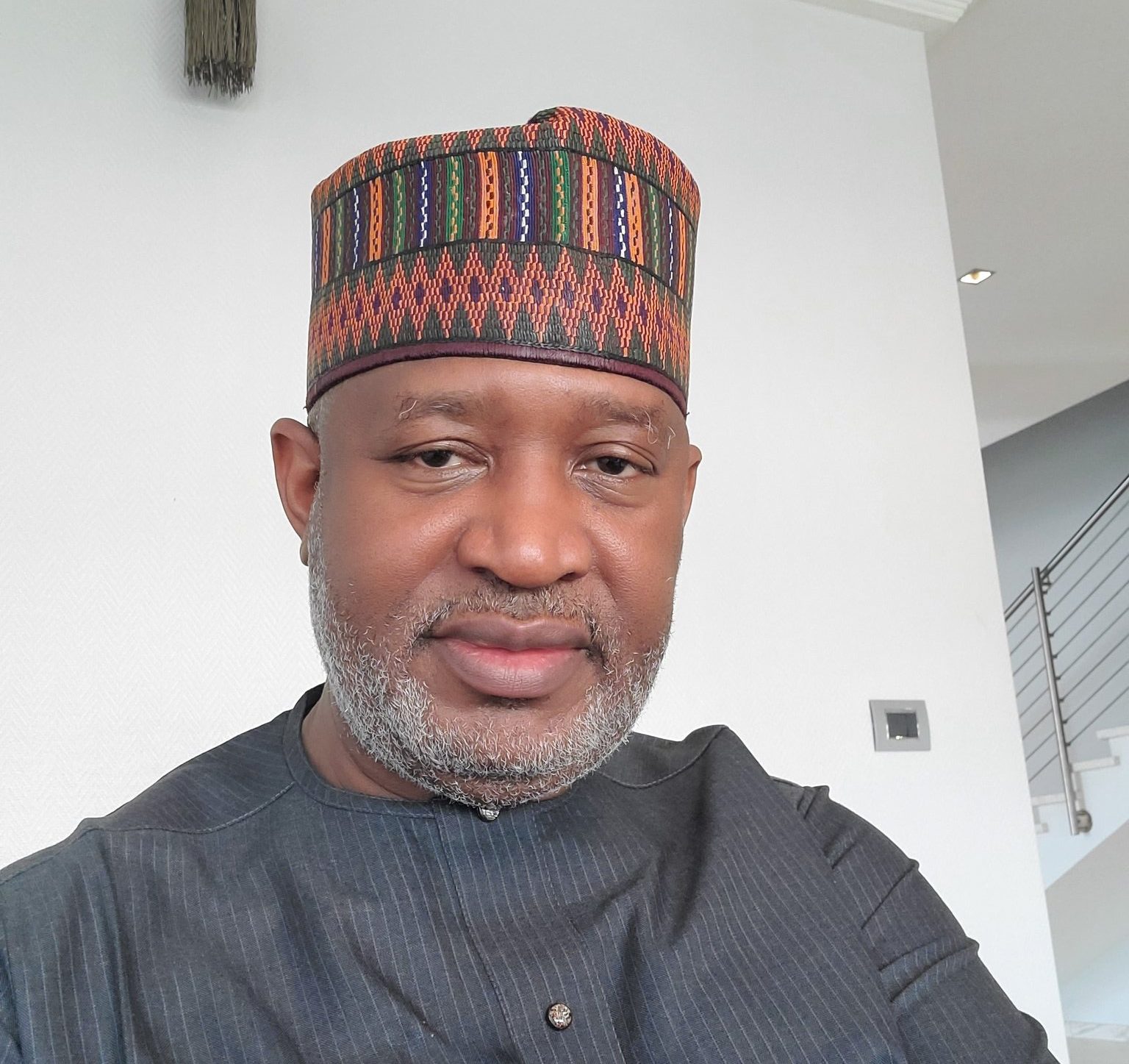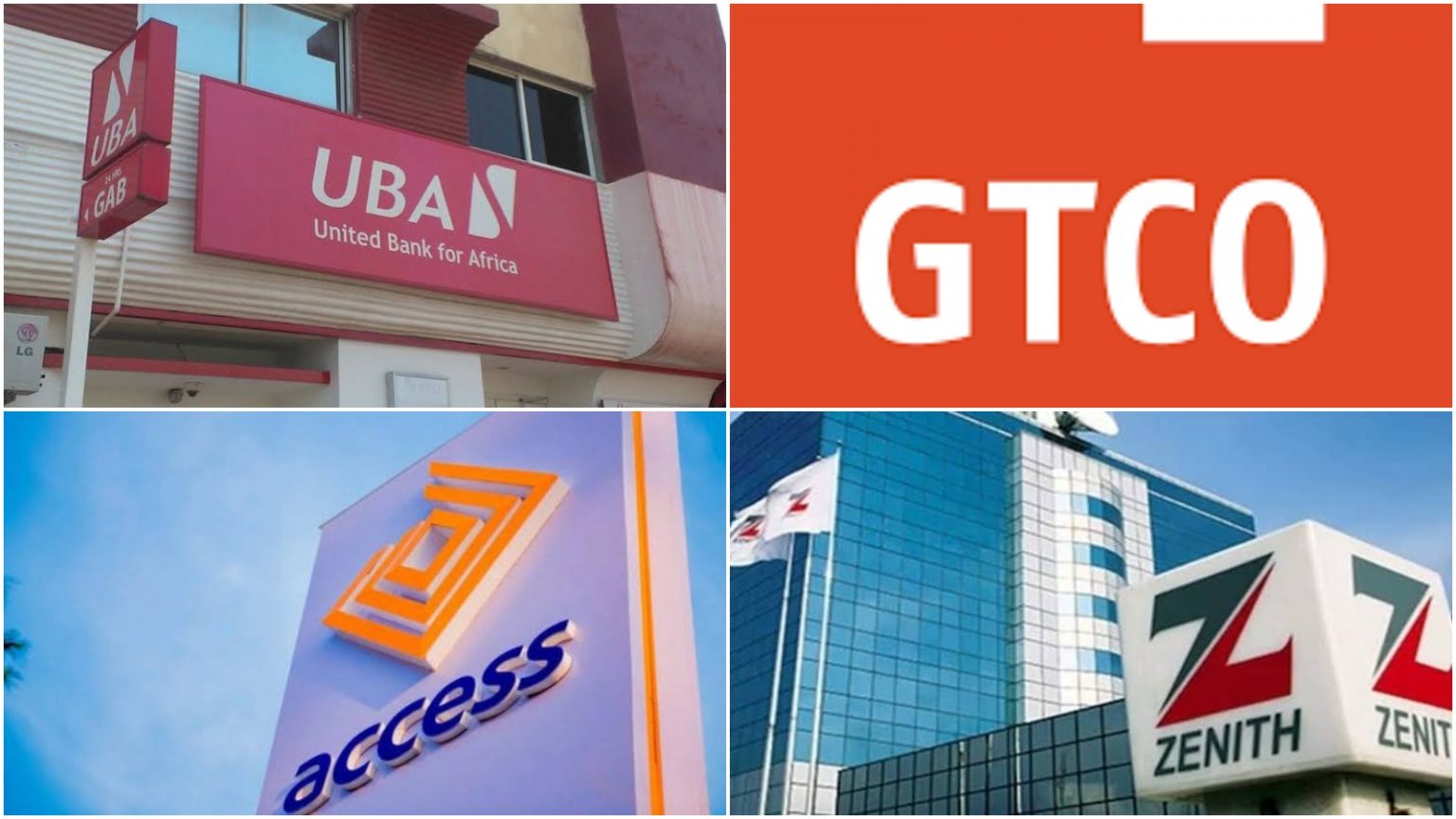The Office of the Auditor-General of the Federation (OAuGF) has exposed different forms of “irregular” payments of salaries and allowances to officials of the Nigerian Law Reform Commission (NLRC).
The revelation highlights how public funds easily leak into private pockets through seemingly legitimate channels.
The NLRC, established in July 1979, is saddled with the responsibility of developing Nigerian laws and leading the push for the reform of outdated federal laws.
But the agency, which is under the supervision of the Attorney-General of the Federation and Minister of Justice, has been relegated to the background in the law reform efforts of the country, with its inefficiency often blamed on underfunding.
In an inspection audit carried out last year, the auditor-general identified almost N18 million expended as unearned and irregular salaries and allowances in violation of extant rules, according to a copy of the report of the exercise obtained by PREMIUM TIMES.
The findings of the OAugF followed an inspection of the Capital Vote, Overhead and Personnel Account books of the commission for 2021.
PREMIUM TIMES understands that the inspection is carried out annually across the federal government’s ministries, departments and agencies in line with the provision of section 85 of the Nigerian constitution.
This newspaper obtained a copy of the OAuGF’s audit inspection report dated 26 October 2022 and addressed to the chair of the NLRC, demanding explanations as well as recovery of funds considered to have been spent in violation of laws and regulations.
The inspection report by the auditor-general, accompanied by a cover letter signed by A. M Gandu, the OAuGF’s Director of the Judiciary Audit Department, spotlighted, among others, “Irregular payments of out-of-pocket allowance amounting to N4,045,000”.
It also exposed over N2 million unearned salary paid to an official and “payments not settled within the financial year” to the tune of over N11 million.
The irregular payments, based on the copy of the inspection report seen by this newspaper, totalled N17,949,092.12.
The figure is a little over 3 per cent of the agency’s total budget of N525,116,536 and almost 5 per cent of the N360,976,885 personnel budget for the year under reference.
The leakage might weigh more on the finances of the commission, given the claim by some of its officials that only an average of 70 per cent of its budget is cash-backed annually.
The auditor-general report, however indicates that whether small or big, the expenses are pointers to systemic risks – how funds can be easily lost or misapplied, laws are wantonly disregarded, poor budgetary control erodes accountability, and internal connivance aids self-enrichment schemes in government circles.
Auditor-General queries N4 million out-of-pocket allowance:
Details of the irregular payments spotlighted in the OAuGF’s inspection report include over N4 million paid to some unidentified officers of the commission as “out-of-pocket” expenses.
Out-of-pocket expenses are incurred by officials using their personal money to pay for something on behalf of the government in the hope of being reimbursed.
The OAuGF’s report said a total of N4,045,000 paid out as out-of-pocket expenses were captured in 20 vouchers examined during the annual inspection.
The expenses, according to the inspectors, violated extant rules that prohibit public servants from receiving sitting allowances for holding day-to-day meetings.
Citing the National Salaries, Income and Wages Commission’s circular with reference number SWC/S/04/s.310/65 dated 8 April 2016, the AuGF also noted that “Chief Executive Officers and other public servants on monthly salaries who are board members in their own establishments are not entitled to sitting allowance.”
“Before the claim of out-of-pocket, there should have been a prior application and approval from the officer to expend on behalf of the government before a refund,” the report said.
It explained further that the over N4 million paid out as out-of-pocket payment claims “cannot be accepted as a regular charge on public funds”.
According to the report, the payments do not just constitute a “loss of public fund” but also raise concerns about the risks of “frivolous claims without actual expenses”.
It, therefore, recommended that the agency forward “all prior requests and approvals for OPE (out-of-pocket) claims of all the officers involved.
It also recommended that the agency recover “various sums from individuals as irregular payments and forward recovery particulars for my confirmation.”
N2.7 million unearned salaries
Apart from the irregular out-of-pocket expenses, the report also exposed how an unearned N2.7 million was paid to an official in 2021.
According to the report, a review of the pay slips of the official, Chukwu Collins, showed that he was appointed on 17 March 2021, but by the time he received his salary arrears eight months later in November, the payment stretched backwards to cover the two months and first half of March preceding his date of employment.
The report said out of the total N5,782,731.42 paid to him, a total of N2,747,943.12 covering the period preceding his employment was “unearned”.
It stated that the payment violated the extant rules prohibiting an employee from receiving salaries he or she has not worked for.
“The officer did not work for the above months. Therefore, arrears paid are unearned and must be refunded while March salary should be prorated on actual days worked,” the report declared.
The report added that the flagged payments showed that there was a “possibility of connivance with staff of the human resources department that are responsible for inputting salary data”.
The auditor-general report recommended to the NLRC to “recover the sum of N2, 747,943.12 from Mr Collins, including evidence that March salary was prorated”.
More so, the evidence of recovery should be forwarded to the OAuGF office for confirmation, the report added.
N11 million paid without revalidation
The OAuGF report also flagged 38 payment vouchers amounting to over N11 million paid out in violation of Financial Regulations (2009) on services rendered within the financial year.
According to the report, N11,156,149 was paid to “various contractors, as staff DTA (Duty Tour Allowances), out-of-pocket expenses, etc., after the financial year in which the services were rendered without revalidation”.
“This act contravened the Financial Regulations and extant rules which aimed at ensuring effective budgetary control on annual estimates for specific years in the budget,” the report added.
It explained that by virtue of Financial Regulations 2906(ii), “payments that are not provided for in the annual estimates shall not be accepted.”
It noted that such payments after the financial year could lead to distortion of budgetary control, heightening the risks of misapplication of funds.
Other risks in such an act, according to the report, are that “it portends a danger of breaching applicable laws, ” “possibility of duplicating payments”, and “payment of liability without appropriated budgets.”
The report, therefore, recommended the agency to make a comment on the violation of extant regulations as regards expenditure clarification and control.
It added that all expenditures which were incorrectly charged to a vote would be disallowed.
Responses to auditor-general
Interviews with officials of the NLRC show that the commission accepted the verdict of the auditor-general’s office on the payment of over N2 million unearned salaries to an individual.
But the agency contested the report’s recommendations on the two other matters of N4 million out-of-pocket expenses and the N11 million payments made after the financial year it was meant for.
The Deputy Director of Accounts and Finance, Abdulsalam Tijani, told PREMIUM TIMES that the commission had started the deduction of the over N2 million unearned salary from the affected official.
But he defended the commission concerning the other issues.
He said N4 million out-of-pocket expenses were paid to officials who attended training using their personal resources.
On the N11 million payments not settled within the financial year, he said this happened because some expenses of the agency were carried over to the following year as a result of the government’s delay in releasing funds.
He said the agency was under obligation to pay back officials who spent personal money to execute tasks assigned to them in as much as it was within the stipulated amount.
The chair of the commission, Jummai Audi, similarly confirmed that the commission had started recouping the unearned salaries through monthly deductions from Mr Collins’ salaries beginning in November 2022.
Mrs Audi corroborated Mr Tijani on the N4 million and N11 million payments but admitted that there ought to be a revalidation that was not done.
“We did not pay the staff because releases were not made at the due time,” she said, explaining why the N11 million expenses were carried over to the following year.
She said she had written back to the auditor-general office explaining the actions the commission had taken concerning the payment of the unearned salaries and clarifying the two other issues raised in the audit report.
On his part, Mr Collins, a Commissioner at the commission, confirmed that the deduction from his salary, which started on 22 November 2022, would run for 24 months.


 Society6 years ago
Society6 years ago
 Society3 years ago
Society3 years ago
 Society3 years ago
Society3 years ago
 News and Report5 years ago
News and Report5 years ago
 News and Report6 years ago
News and Report6 years ago
 News and Report5 years ago
News and Report5 years ago












